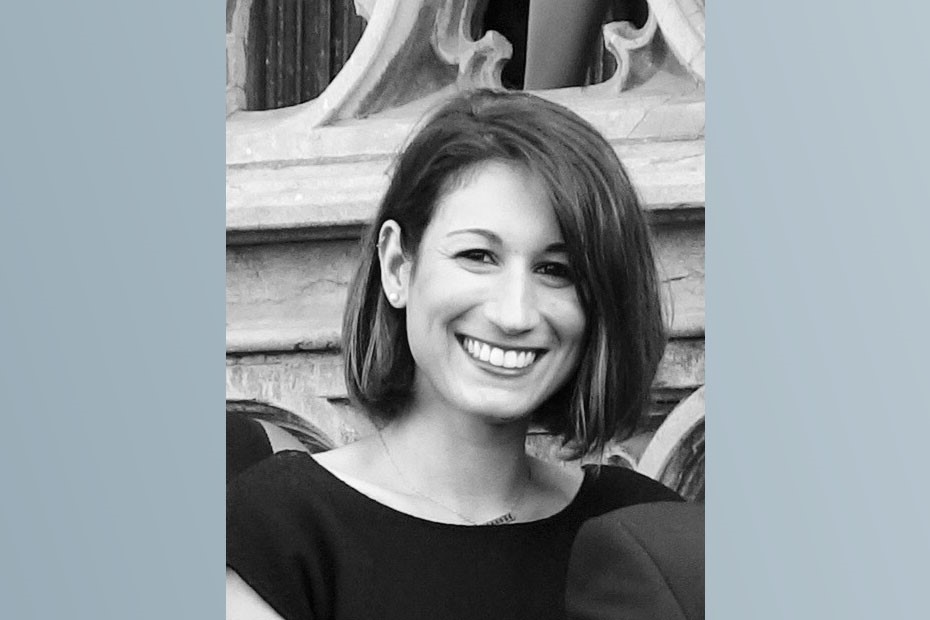Raphaëlle Ashley Guerbaai successfully defended her dissertation on 8th April 2022

Raphaëlle Ashley Guerbaai’s dissertation explores and discusses how a reduction of unplanned transfers from nursing homes can be achieved, as well as specific resources needed in NHs to reduce potentially avoidable hospital transfers.
The INTERCARE study aimed to “Improve INTERprofessionalCARE for better resident outcomes” by strengthening geriatric expertise within Swiss German nursing homes to reduce unplanned hospital transfers. During the INTERCARE study, a nurse-led care model was developed and implemented in eleven nursing homes in Switzerland. Raphaëlle Guerbaai’s dissertation focuses on the evaluation of the INTERCARE study: the effect of the INTERCARE model on the reduction of unplanned transfers as well as on an implementation outcome, the degree of implementation fidelity; and last, necessary resourced for nursing homes to reduce fall-related transfers, the most common reason for an avoidable transfer.
INTERCARE comprised six core components including strengthening of interprofessional collaboration, 2) introduction of an INTERCARE nurse (specifically trained to expand their role and gain geriatric expertise), 3) promoting comprehensive geriatric assessment, 4) introducing evidence-based tools to strengthen the communication within the care team and with physicians, 5) introducing advance care planning, and 6) improving data-driven quality improvement. Eleven nursing homes took part in the INTERCARE study and 942 residents consented. The INTERCARE model was successful in reducing unplanned transfers and encourages the implementation of registered nurses with additional expertise. Furthermore, overall fidelity to the intervention was high and sustained in ten out of eleven nursing homes after the study ended. Specifically, fidelity to advance care planning and evidence-based tools directly impacted the reduction of unplanned transfers. Nursing homes need better access to diagnostic equipment, geriatric expertise, and clinical training to reduce the proportion of avoidable hospital transfers.
Raphaëlle Guerbaai’s dissertation contributes both clinically and methodologically to the field of nursing science, with a successful combination of components driving better decision-making, interprofessional collaboration, and expertise in nursing homes, and provides an example of how fidelity to a complex intervention may be conceptualized and measured. Finally, to meet the increasing demands for more complex medical treatment in nursing homes to further reduce avoidable transfers, to provide high-quality palliative care, and provide advanced medical diagnostics and treatment possibilities, unremitting effort is needed to continuously revise and further develop nurse-led models of care.
With the successful presentation of her dissertation defense, Raphaëlle Ashley Guerbaai receives a doctorate degree in Nursing Science from the University of Basel.
